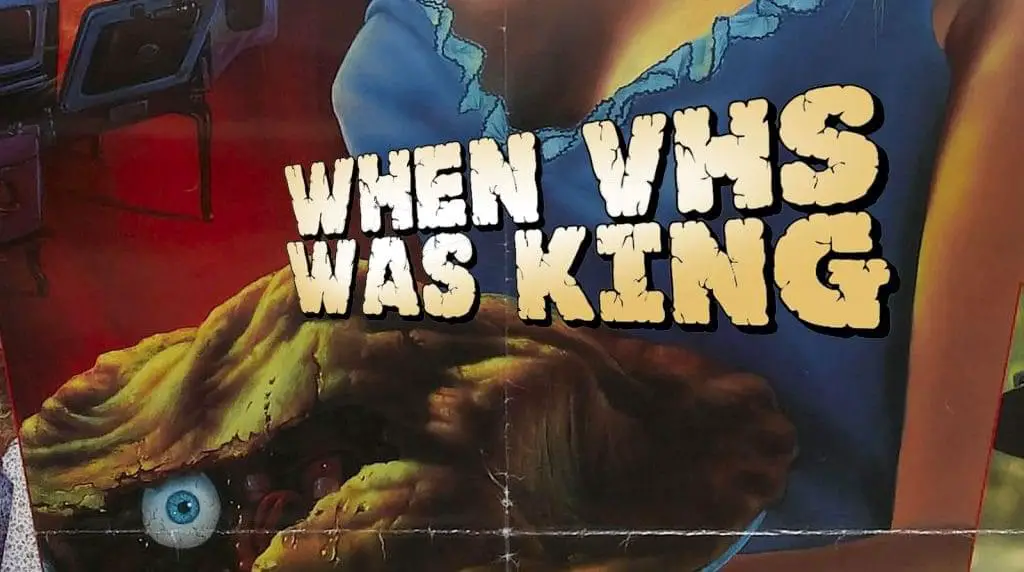
That tension explodes toward the end: after many brief, shallow meetings, Steven finally wants more. He tells John, “I’m not your mate,” and they share a tender instant. But when John’s friends walk in, fearing exposure, he brutally kicks Steven to maintain his masculine, alpha appearance. Shore uses tight close-ups and a slightly muted, neutral colour palette—choices that heighten the rawness of both the violence and Steven’s ensuing clarity.
Seeing John choose denial forces Steven to confront their shared performance. At that moment, truth isn’t just brave—it’s the only option left. He stands at the school assembly and quietly comes out. There’s no triumphant score, no cheering crowd. Instead, we get natural light spilling into a silent hall, capturing a boy exhausted by pretence finally stepping out of the unbearable ambiguity of the closet—whatever the cost.

Brad Gorton as John Dixon in Get Real (1998), portraying a closeted teen grappling with pressure, identity, and expectation on and off the field.
“It reminds us that the journey toward self-acceptance is messy, that ‘queer love always wins’ can ring hollow.”
Get Real was radical then—and remains so—because it rejects the simplistic “just be yourself and you’ll be fine” narrative that dominates much of queer media today. That glossy promise ignores the very real pain LGBT people face when confronting both their own fears and a hostile society. Take Beautiful Thing (1996), another UK queer film from the era: its iconic, joy-filled dance in a working-class East London estate offers the kind of happily-ever-after moment few actually experienced. But it’s precisely because Get Real is so painful that we need it now more than ever. It reminds us that the journey toward self-acceptance is messy, that “queer love always wins” can ring hollow, and that coming out sometimes risks self-destruction rather than liberation. It clearly resonated with many viewers: closeted teens who saw their own pain on screen finally knew they weren’t alone. This is exactly why a film this honest deserves a place in Pride Month conversations.
Today, Get Real is tragically hard to find—no streaming options, out-of-print on DVD or VHS—so a digital or Blu-ray reissue would be a fitting tribute for Pride Month.
In an increasingly fake world, Get Real reminds us that telling the truth isn’t just brave—it’s the only choice that won’t destroy you.



Great article, but the film is available on Amazon Prime and on YouTube.